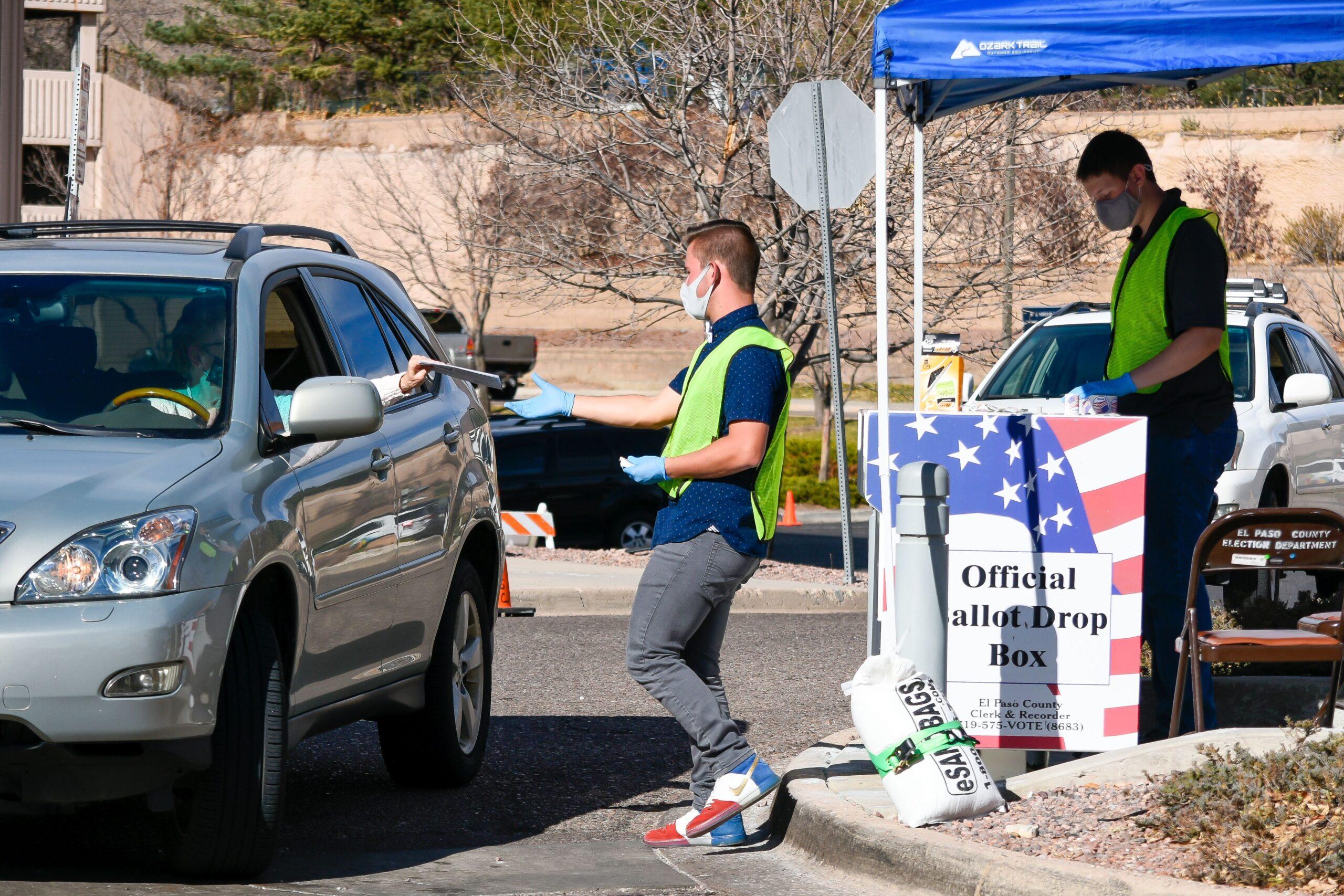
Colorado’s Paid Family and Medical Leave Program, which voters approved in 2020, is facing a legal challenge that aims to invalidate the program before it starts.
The conservative non-profit, the Public Trust Institute, filed a lawsuit in Denver District Court alleging that the policy is unconstitutional because the fee workers and employers must pay to fund it is not applied evenly.
“This is just an income tax by another name,” said Dan Burrows, the legal director with the Public Trust Institute. “The state constitution is clear that if government wants to fund a new program by taxing wages, it has to treat everyone the same, no matter how attractive the aims of that program might be.”
Burrows filed the lawsuit on behalf of a small building company in Grand Junction that claims the paid leave program will limit its ability to hire more workers because companies with 10 or more employees pay more into the system.
Starting in 2024, the state-run program allows people to take up to 12 weeks of leave for childbirth, adoption, family medical emergencies, a family member’s active-duty military service, and reasons related to abuse and sexual assault, and have a portion of their wages reimbursed during that time.
Generally, employees and employers split the cost, with large businesses paying a higher percentage. It does have some exemptions, such as self-employed individuals.
Jared Make is an attorney with the national worker’s rights group A Better Balance and worked closely with Colorado advocates to support Proposition 118. He said the key thing to note is that the paid leave program is funded through a fee, not a general tax. The two forms of revenue follow different rules under Colorado’s constitution. Make said the lawsuit is based on faulty reasoning.
“"It's not a tax because it does not collect funds for general governmental purposes,” Make said. “Colorado law makes it very clear that the family and medical leave program would qualify as a fee rather than a tax.”
The Colorado 9to5 coalition called the lawsuit a weak attempt to undo all the work that went into making paid leave a reality. State lawmakers unsuccessfully attempted to pass different versions of a paid leave program for years, but ultimately, it was voters who approved it.
“This program has been challenged before and found to be legally sound as it is a fee-based premium collection, not a new tax on voters. This lawsuit is a bad faith attempt to thwart the will of Colorado voters who overwhelmingly approved this measure across party lines,” said Ashley Panelli, Colorado associate state director for 9to5.









